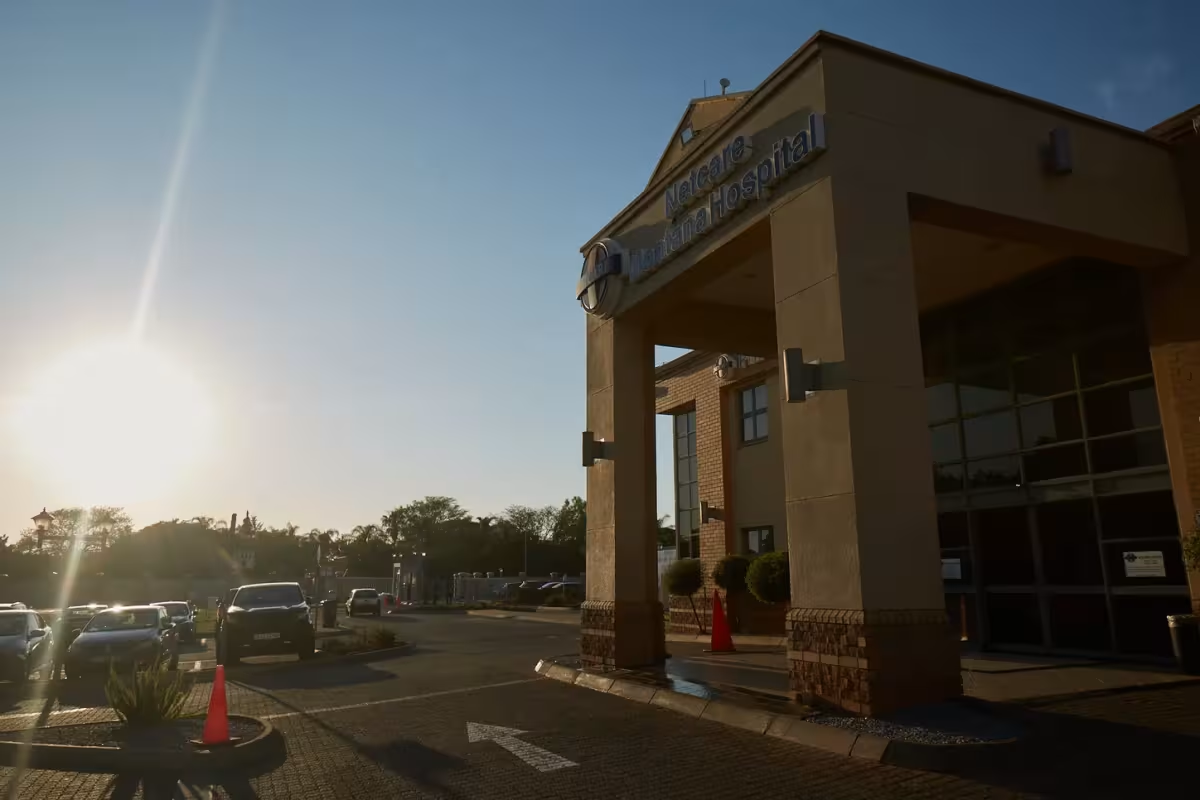
SHERIDAN, WYOMING – November 7, 2024 – In an era marked by growing health concerns and disparities, Tanzania is taking proactive strides to bolster its healthcare system. Through strategic investment in medical education and capacity building, the nation is fostering a skilled healthcare workforce to address its unique challenges and improve the well-being of its citizens.
A collaborative endeavor between the Tanzanian Ministry of Health, Siemens Healthineers, and Muhimbili National Hospital (MNH) has yielded a specialized training program for medical engineers and radiographers. Over the past two years, this initiative has empowered more than 100 healthcare professionals with advanced skills in operating state-of-the-art imaging equipment.
"Healthcare for everyone, everywhere also means easing the burden on healthcare professionals," states Mohamed Shawky Elmashtoly, Sales Country Manager for Middle East and Africa at Siemens Healthineers. This sentiment underscores the program's focus on equipping healthcare workers with the tools and knowledge to deliver better patient care while optimizing hospital productivity.
Addressing Tanzania's Healthcare Challenges
Tanzania's healthcare system faces a complex web of challenges, including:
- Infrastructure limitations: Despite a tiered public healthcare system, access to basic medical care remains inadequate in rural areas, where the majority of the population resides.
- Staffing constraints: A critical shortage of skilled healthcare workers results in overburdened staff and compromised quality of care.
- Financial barriers: Limited health insurance coverage and reliance on out-of-pocket payments create significant financial obstacles for many seeking healthcare services.
- Disease burden: Tanzania continues to grapple with infectious diseases like AIDS, tuberculosis, and malaria, while also experiencing a rise in non-communicable diseases such as cancer, diabetes, and hypertension.
- Technological disparities: The adoption of advanced medical technologies is uneven, hindered by limited resources, infrastructure, and expertise. Notably, the country faces a significant shortage of radiologists, with only one registered radiologist per 500,000 people compared to the global benchmark of one per 50,000.
Empowering Healthcare Professionals through Training
The specialized training program at MNH directly addresses these challenges by empowering healthcare professionals to utilize advanced medical systems effectively. Dr. Rachel Mhaville, Director of Surgical Services at MNH, emphasizes the program's significance, stating, "This kind of intensive training program is really the most pressing need. We're learning how to utilize advanced medical systems not only to improve patient outcomes but also to enhance the overall productivity of the hospital."
By investing in the skills and knowledge of its healthcare workforce, Tanzania is building a sustainable foundation for a more robust and equitable healthcare system. The program's success not only improves patient care but also strengthens the country's capacity to address its evolving healthcare needs.
A Collaborative Approach to Healthcare
The partnership between the Tanzanian Ministry of Health, Siemens Healthineers, and MNH exemplifies the power of collaboration in driving meaningful change in healthcare. By pooling resources, expertise, and a shared vision, these stakeholders are creating a positive impact on the lives of Tanzanians.
As Tanzania continues to navigate its healthcare challenges, investing in its healthcare workforce remains crucial. The specialized training program at MNH serves as a beacon of hope, demonstrating the transformative potential of education and capacity building in advancing healthcare for all.